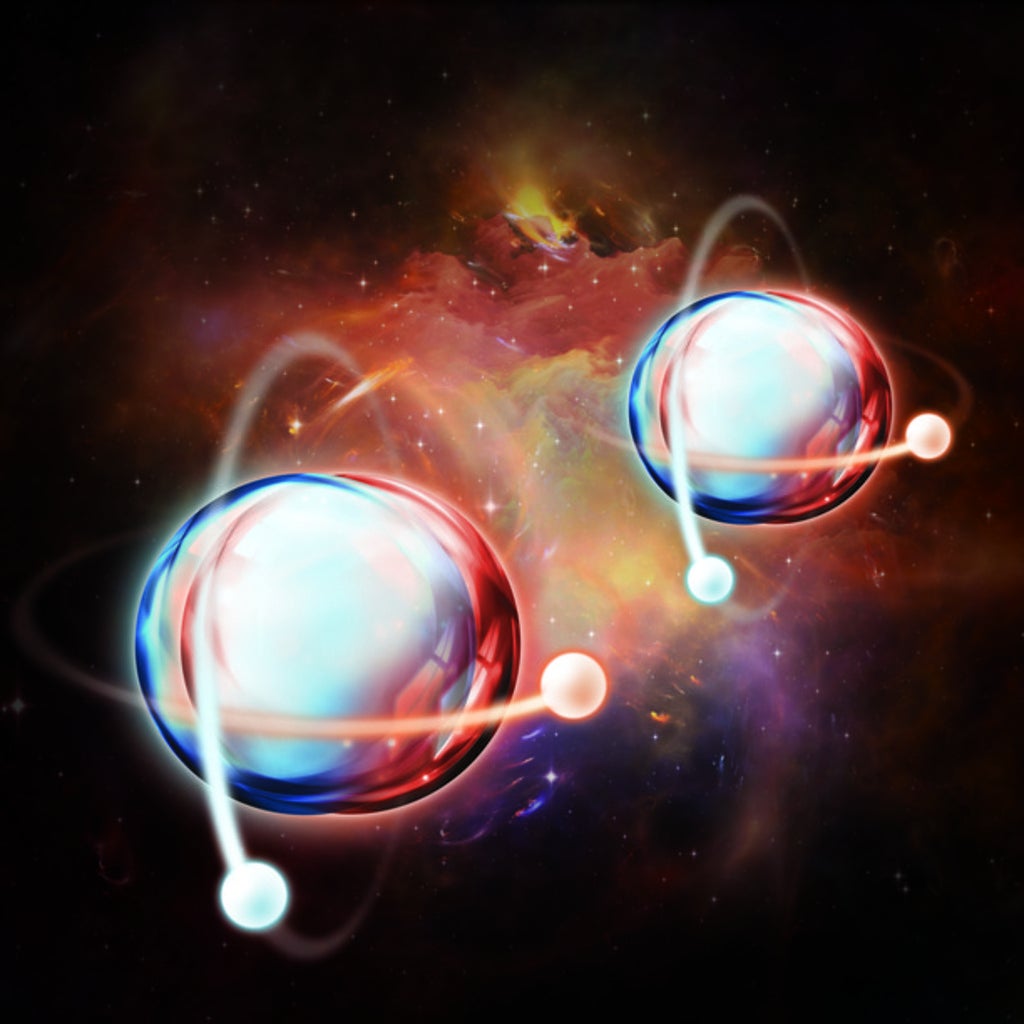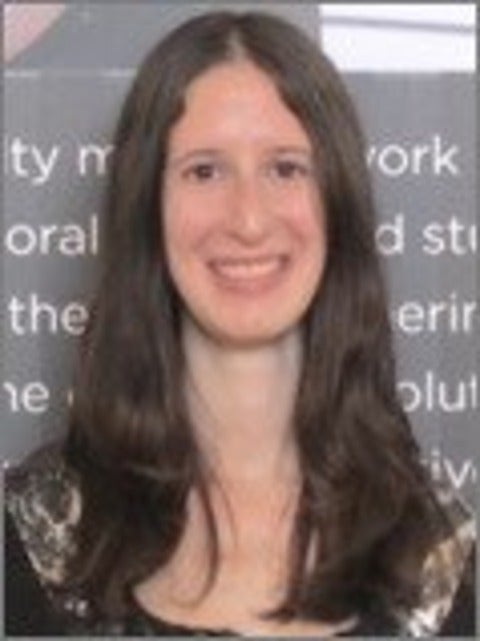Entangled: The series
QUANTUM + Pop Culture
“Quantum physics” has taken its position with “rocket science” in pop culture as a shorthand for frighteningly complicated science. Quantum physics has also taken on a sort of magical connotation in fiction, with features like entanglement, superposition, and tunneling spurring imagination. But where does the science draw the line? How much is joyful speculation, and how much is disregard for reality? And if it’s always seen as either magical or scary, how does that affect the perception of quantum science?

